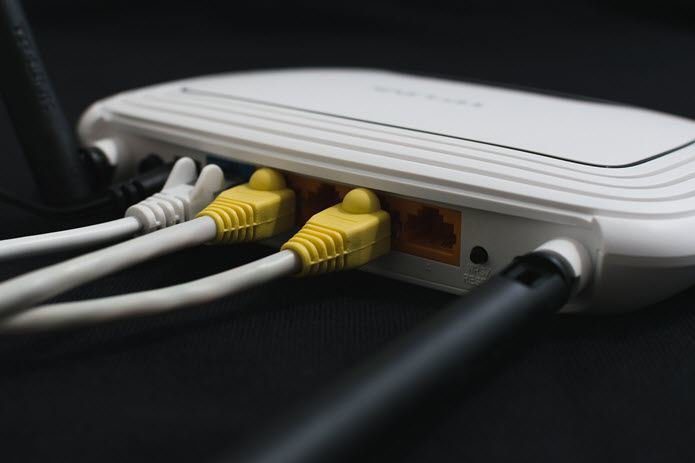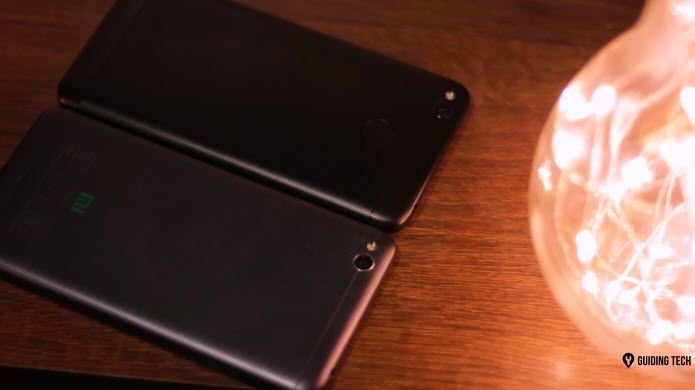Today we’ll tell you about the differences between FAT32 and NTFS file systems used by Windows operating systems. This information may help you in choosing the right system as per your requirements. Both of these file system were introduced by Microsoft to meet their business and applications requirements.
Basic Definition
FAT stands for File Allocation Table and FAT32 is an extension which means that data is stored in chunks of 32 bits. These is an older type of file system that isn’t commonly used these days. NTFS stands for New Technology File System and this took over from FAT as the primary file system being used in the Windows system. This NTFS file system is not only secure but also supports larger file sizes and hard drives. Indeed, before making a choice you need to know about their capabilities. The table below will give you a rough idea of the features and respective support.
Description of Features
Few of the things here are self explanatory. So, I’ll expand those which require little description. Fault Tolerance: NTFS maintains a log of disk changes and in case of power failure or abrupt errors it repairs the files and folders automatically without the user being notified anything. FAT32 maintains two different copies of the file allocation table and uses a back up mechanism if some damage occurs. Security: In FAT32 you will have to depend on share permissions for security. This means that they are good in the Network but locally they are vulnerable. On the other hand NTFS allows you to set permissions on local files and folders as well. Compression: FAT32 offers no file compression feature whatsoever. While NTFS lets you compress files and folders individually so that you do not have to slow down the system by depending on partition compression. Also, the FAT32 file system can’t seem to handle large files and has a file size limit of around 4GB. So if you’re thinking of copying a high-definition movie on your USB hard drive, an ideal way is to convert the drive’s file system directly to NTFS. Conversion: Speaking of conversion, you may easily convert a FAT32 system to NTFS. But the reverse is not true because NTFS follows a secure protocol. So, the only option here is to backup your data and format the disk. Compatibility: Being developed by Microsoft, NTFS is compatible in almost all the Windows operating systems. In fact, the compatibility goes back till Windows XP. However, when it comes to Mac OS X, the NTFS file system has little limitations. For one, Mac OS X can only read NTFS drives, but can’t write to them. On the other hand, MAC OS can not only read but also write to FAT32 drives.
NTFS vs FAT32: File Size and Volume Size
When it comes to the file size, as mentioned above, the maximum file size that FAT32 can support is around 4GB and the volume size maxes at around 2TB. Hence, if you have a 6GB hard drive, you’ll be able to create three 2GB FAT32 partitions. In such cases, it’s ideal to convert the hard drive to either NTFS or exFAT file system. When it comes to NTFS partition, thankfully it allows a bigger partition size. The maximum volume size allowed is 2^64 allocation units or clusters. Thus, bigger the clusters bigger will be the NTFS partitions. And if you’re a Mac user stuck in a FAT32 file system, a move to the exFAT or ext3 (third extended file system) partitions would be a better choice. When it comes to usage, you’d find most of the modern digital cameras use memory cards which has either exFAT and FAT32 file system, since these days memory cards have gained more storage capacity.
Conclusion
This is not an attempt to show which file system is better than one. This article is just a brief comparison of the features and capabilities of each of them. You won’t come across a need to understand or explain these file systems in your day to day life, but sometimes when you do need to know what they mean or how they work, our article should then act as a quick reference guide. Hence we suggest you bookmark this one to come back to it when required. The above article may contain affiliate links which help support Guiding Tech. However, it does not affect our editorial integrity. The content remains unbiased and authentic.













